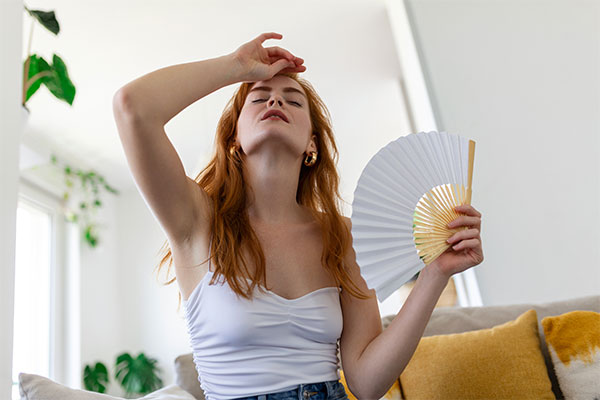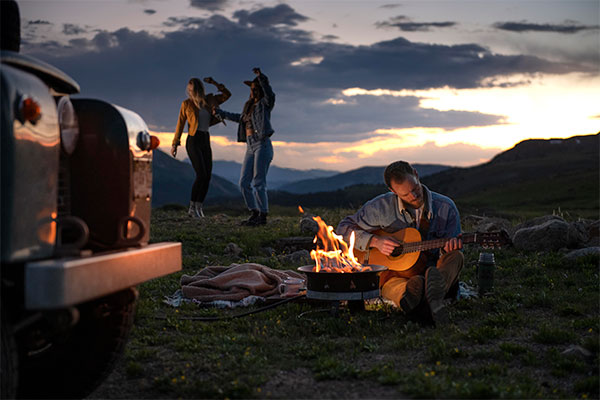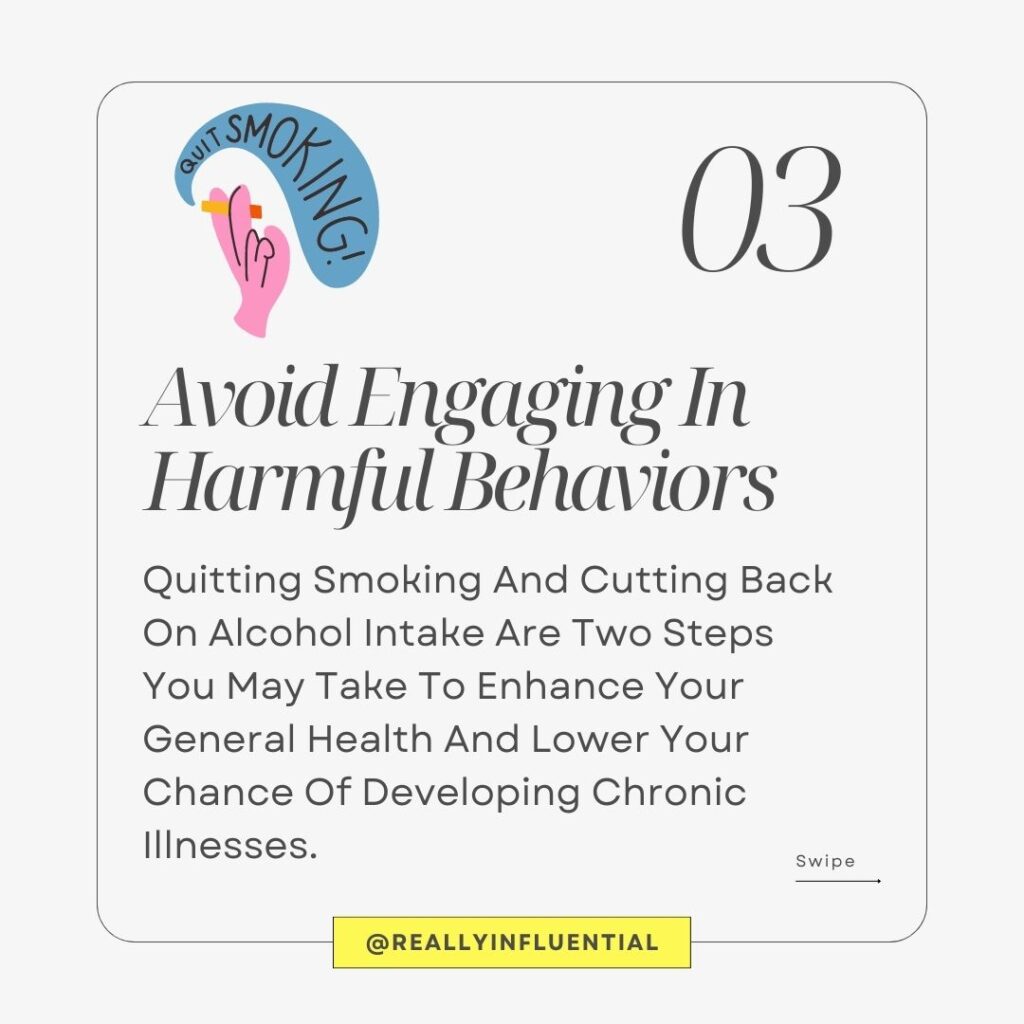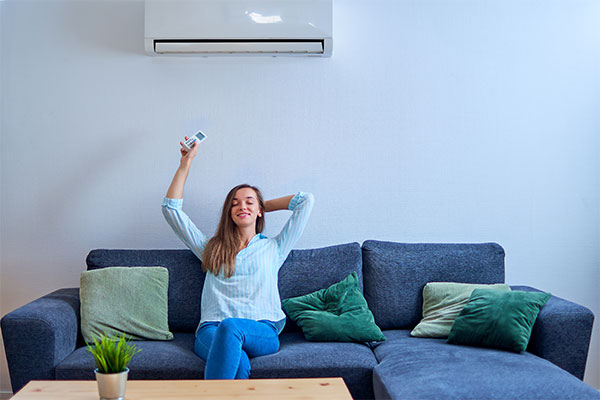Heat waves can be dangerous and deadly, especially for people who are sensitive to heat, such as young children, the elderly, and those with chronic medical conditions. According to the National Oceanic and Atmospheric Administration (NOAA), heat waves are one of the deadliest types of weather-related disasters in the United States. In this article, we will discuss some practical tips on how to protect yourself and your loved ones from the effects of a heat wave.
How to Protect from Heat Wave?
- Stay Hydrated

Drinking plenty of water is the most important thing you can do during a heat wave. When it’s hot outside, your body loses water faster than usual, and you can become dehydrated quickly. Dehydration can cause a range of health problems, from fatigue and headaches to heat exhaustion and heatstroke.
To stay hydrated during a heat wave, aim to drink at least 8-10 glasses of water per day, even if you don’t feel thirsty. You can also drink other fluids, such as sports drinks, fruit juice, or coconut water, to help replenish electrolytes that you may lose when you sweat.
Avoid caffeinated or alcoholic drinks as they can dehydrate you further. If you’re not used to drinking a lot of water, try to gradually increase your intake before the heat wave hits.
2. Dress Appropriately

What you wear can make a big difference in how you feel during a heat wave. Select clothing that is not too tight, made of lightweight materials, and has light colors, which will permit your skin to breathe. Dark colors absorb heat, while lighter colors reflect it.
Choose natural fabrics like cotton or linen that are breathable and absorbent. Synthetic fabrics like polyester or nylon can trap sweat and make you feel hot and sticky. A wide-brimmed hat can also help protect your head and face from the sun.
Visit: healthy lifestyle tips
3. Stay Indoors

During the hottest parts of the day, try to stay indoors as much as possible. If you don’t have air conditioning, stay in the coolest room in your house, or visit a public air-conditioned place like a shopping mall, library, or community center.
When outdoors, aim to remain in shaded areas to the greatest extent possible. Utilize an umbrella or wear a hat to shield yourself from the sun’s rays. Take frequent breaks and try to avoid strenuous activities during the hottest parts of the day.
4. Use Sunscreen

Sunscreen is an important part of protecting yourself from the harmful UV rays of the sun, which can cause sunburn, skin damage, and skin cancer. Use a broad-spectrum sunscreen with an SPF of at least 30 to protect your skin from both UVA and UVB rays.
Apply sunscreen generously to all exposed skin at least 20 minutes before going outside and reapply it every two hours. In case of swimming or perspiring, it might be necessary to reapply the product with greater frequency.
“A heat wave is when the air feels like it’s been run through a dryer on high heat.”
5. Plan Outdoor Activities Carefully

If you must be outside during the heat wave, try to plan your activities for early in the morning or late in the evening when the temperature is cooler. Take frequent breaks, seek shade, and avoid strenuous activities.
If you’re planning to exercise outdoors, try to do it during the coolest parts of the day. Wear lightweight, moisture-wicking clothing and bring plenty of water to stay hydrated.

6. Cool Down

If you’re feeling hot and uncomfortable during a heat wave, there are several ways to cool down. Reduce your body temperature by taking a refreshing shower or bath with cool water. Use a fan or air conditioning to circulate cool air throughout your home. If you don’t have air conditioning, place a damp towel or ice pack on your neck or forehead.
You can also cool down by drinking cold drinks or eating frozen treats like popsicles or ice cream. Just be sure to balance your intake of sugary or high-calories.
7. Check on Vulnerable People

During a heat wave, it’s important to check on vulnerable people in your community, such as the elderly, those with chronic medical conditions, and young children. These groups are more susceptible to heat-related illnesses and may need extra support.
Make sure they have access to air conditioning or a cool place to stay, and encourage them to drink plenty of water. If you know someone who is particularly vulnerable, consider checking on them regularly to make sure they’re doing okay.
Visit: healthy food restaurants in delhi
8. Be Prepared

Heat waves can come on suddenly, so it’s important to be prepared before they hit. Stock up on water and other fluids, and have a supply of non-perishable food that doesn’t require cooking. Make sure you have any medications or medical supplies you may need on hand.
If you have air conditioning, make sure it’s in good working order and clean the filters regularly. If you don’t have air conditioning, consider purchasing a portable unit or fan.
9. Know the Signs of Heat Exhaustion and Heatstroke

It’s important to know the signs of heat exhaustion and heatstroke, which are two of the most serious heat-related illnesses. Heat exhaustion is characterized by symptoms such as heavy sweating, weakness, headache, nausea, and dizziness.
Heatstroke is a medical emergency and can be life-threatening. Symptoms include a body temperature of 104 degrees Fahrenheit or higher, confusion, seizures, and loss of consciousness.
If you or someone you know is experiencing symptoms of heat exhaustion or heatstroke, seek medical attention immediately.
10. Stay Informed

Finally, stay informed about weather conditions during a heat wave. Pay attention to heat advisories and warnings issued by local authorities and the National Weather Service. Stay updated on the latest weather conditions by checking weather websites or listening to local news broadcasts.
Visit: complete travel guide to Kashmir
In conclusion, a heat wave can be dangerous, but by following these tips, you can protect yourself and your loved ones from the harmful effects of high temperatures. Stay hydrated, dress appropriately, stay indoors during the hottest parts of the day, use sunscreen, plan outdoor activities carefully, cool down when necessary, check on vulnerable people, be prepared, know the signs of heat-related illnesses, and stay informed about weather conditions. By taking these steps, you can stay safe and healthy during a heat wave.

